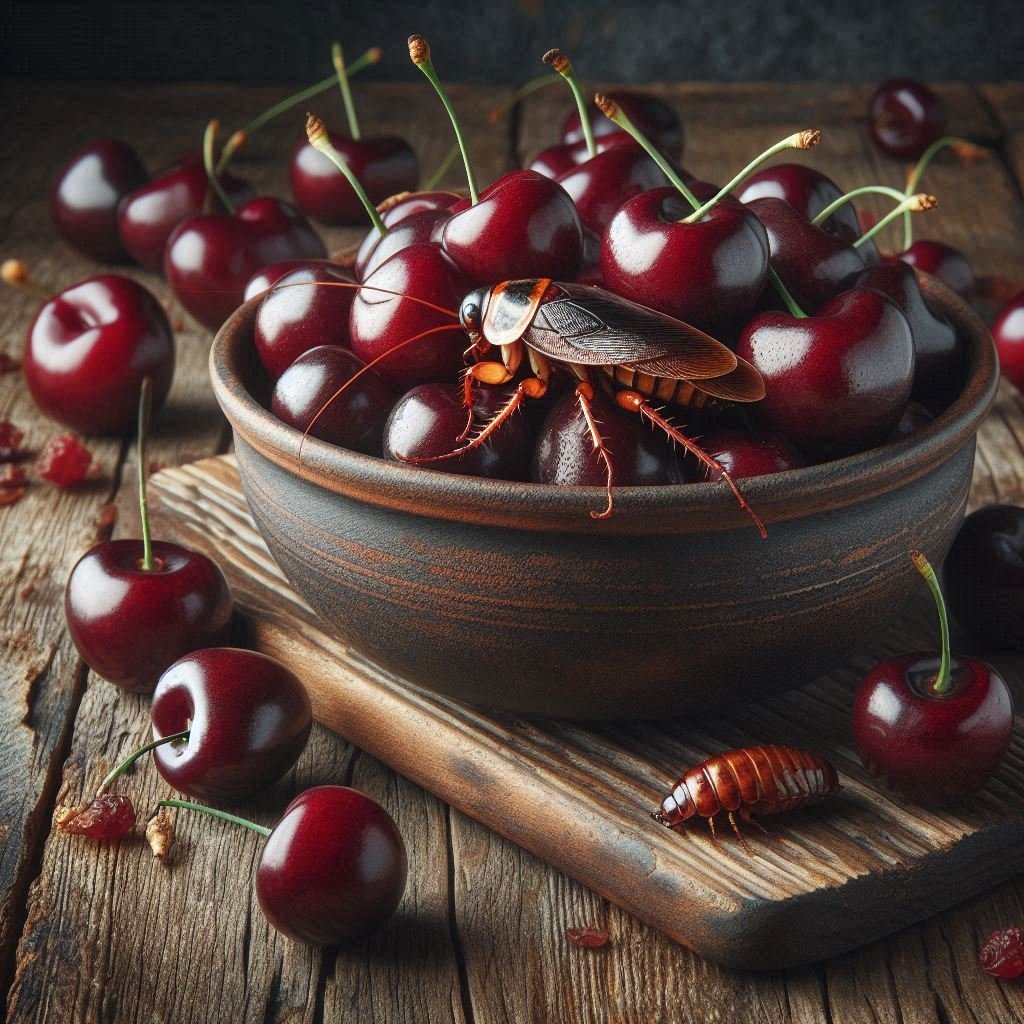Farmer / Businessperson Or Businessperson / Farmer - What’s the Difference?
Article #8 of 9 in “Unconventional Thinking”
What makes a person a “farmer”? If you read an earlier post (link here) you will remember that we have difficulties with stereotypes the word “farmer” promotes. Stereotypes generally take marketers down the wrong road, and this one may lead to significant missed opportunity.
Let’s talk about a particular segment or “archetype” that we see more and more of - one that should definitely be a part of your planning. Remember what we mean by an archetype - the underlying model for a pattern of behavior. This one is hiding in the shadow of the stereotype of a “good farmer/businessperson”, has always been with us, but now through a combination of social, technological, demographic, and economic forces, they are moving from a small minority to a driving force in the business. Let’s call them the “businessperson/farmer”, because they are all about the business and in many ways, just happen to be farmers. Let me explain.
In the Ag industry, the prevalent mental model is to think of a “good” farmer as an individual who combines agronomic - or animal husbandry - skills with an astute sense of business - but with the agronomic or animal husbandry part of the equation taking precedence. After all, isn’t the toughest part of farming that of raising good crops or livestock? If we are to put a label on this group we would describe them first by their primary type: “farmers”, followed by a secondary classification: in this case, “businessperson”. For this group, the needs of the business are mostly subservient to the agronomic needs of the operation. Remember - there may be other classifications for farmers who are not as business-like - “lifestylers”, “sundowners” and other terms, but we will explore this topic in future articles..
“Their very nature (identity) is to view the profession of agriculture through a lens of a business system”
But here’s the problem with mental models - when we encounter new information, our tendency is to fit that information into the old model, rather than revising the model itself. In this case, even though we see more and more of our customers focusing on the business of farming and delegating the agronomic activities to others, we keep the “farmer” stereotype uppermost in our mind. We are stuck with that stereotypical image of the farmer constantly engaging in an agronomic activity - running the combine, walking the field - or at least “farming” from the pickup truck. Segmentation studies we have reviewed constantly fall into this trap. There is always a “segment” labeled as “businessperson or business-oriented”. Not only are these groups defined on thin evidence - we have seen one such case where the “business” label was derived only by the fact that this group was influenced by rebate programs on crop protection products - but they begin and end with the proposition that the person is a “farmer” above all. But what if the person we are talking about doesn’t really consider themselves to be a farmer? What if their primary type is “business-person” and their secondary classification is that of “farmer” instead of “retailer” or “manufacturer”?
We believe that “farmer/businessperson” and “businessperson/farmer” are two distinct segments - requiring unique approaches from a marketing and design perspective. For the “farmer/businessperson” the motivation is agriculture. Financial success is achieved through that end. They often have difficulty envisioning a life divorced from farming. Their mental model is to view farming through a lens of production. Farmer’s need certain advisors - accountants, bankers - people who can augment the farmer’s skills.
“The actual means of production can be delegated”
The “businessperson/farmer” has a different motivation: business. Their very nature (identity) is to view the profession of agriculture through the lens of a business system. Their motivations and sense of self are derived from a different set of values and accompanying metrics. Meet with them and they will discuss contribution margin and dilution of fixed-costs long before they talk about seeding rates and yield. Their mental model is to view farming as a unique business sector, but one where the agronomic issues are subservient to the needs of the business. One where the actual means of production can be effectively delegated to agronomists, equipment operators, and others. Their reliance on the traditional business advisors will be different - they still need accountants and bankers, but their role and services will be at different levels. Many of these businesspeople/farmers can envision themselves in an entirely different industry - in fact, they probably worked in another industry before coming to farming. They more effectively separate their own sense of self from the identity of the farm - meaning that they see the well being of the farm enterprise as distinct from their own well-being.
Understanding the differences between these groups is critical. The conversations, approaches, offers, and even products for one will not resonate with the other. If you are interested in this topic, stay tuned give us a call. Better yet, download our white paper (link here) where we discuss identity-based segmentation using archetypes which could shed more light on this group of your customers.



